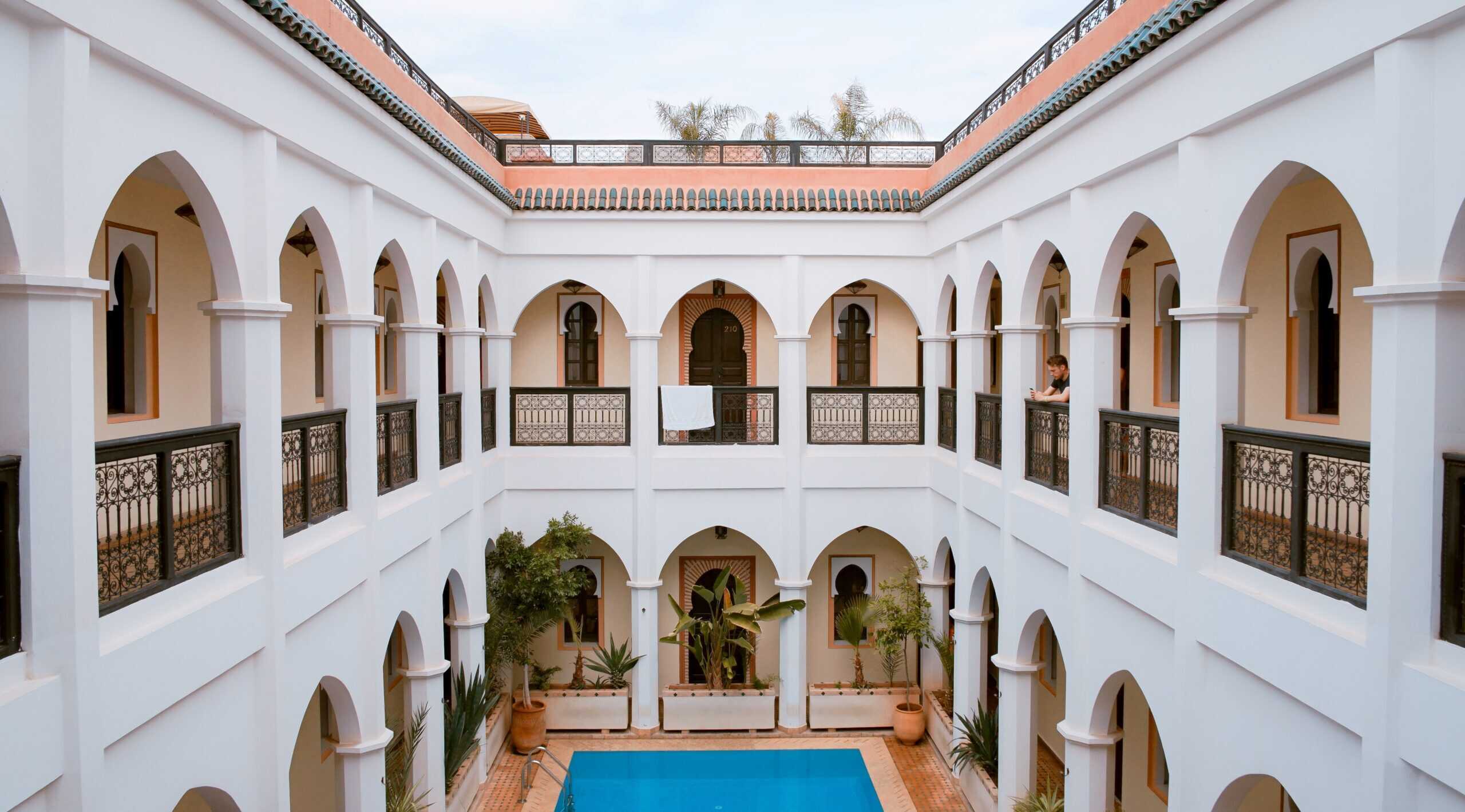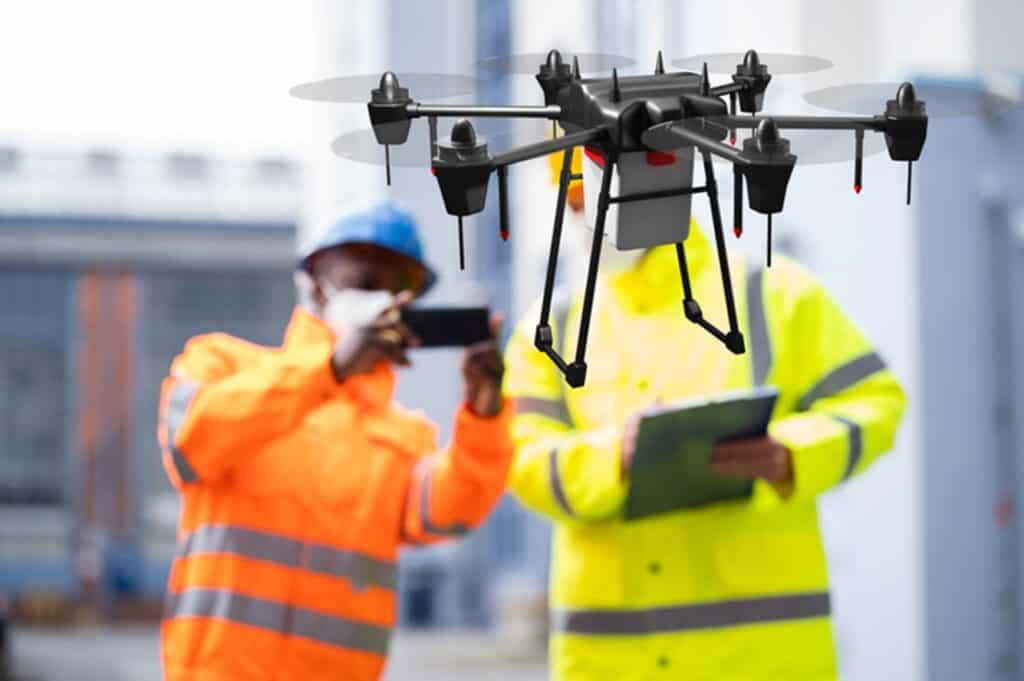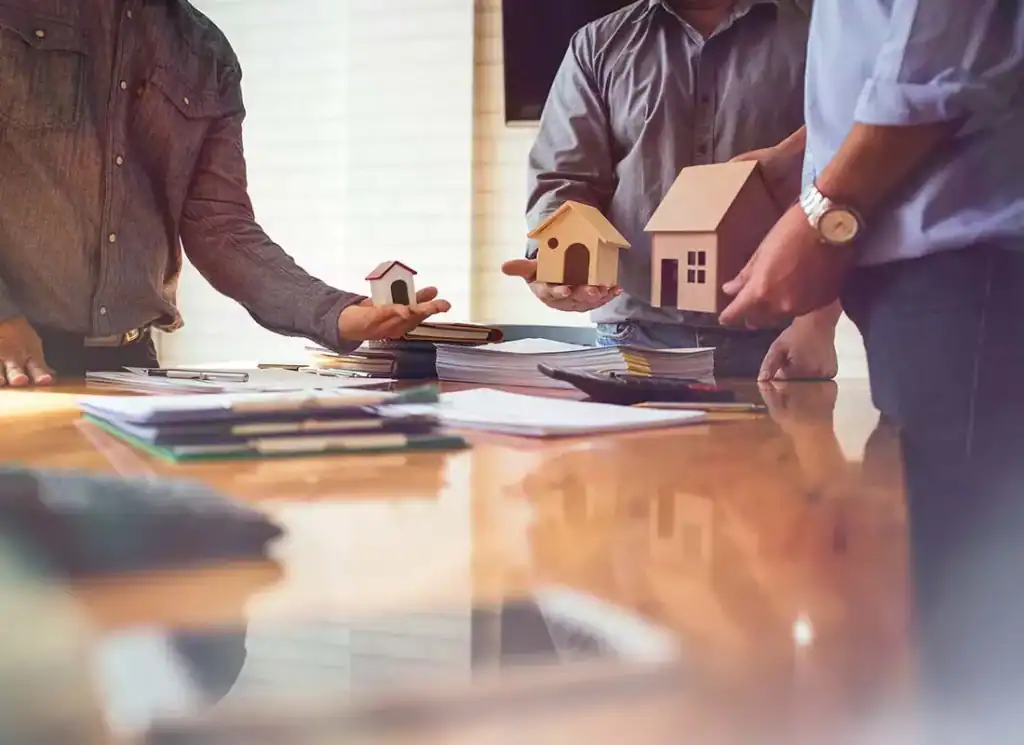Morocco, known for its rich cultural heritage, extraordinary landscapes, and exotic cities like Marrakech, Casablanca, and Fes, is becoming a popular destination for international buyers. The country’s unique blend of African, Arab, and Mediterranean influences makes it appealing for those seeking a cultural experience and a property investment opportunity. Morocco’s real estate market offers a range of options, from city apartments to coastal villas, and its competitive property prices make it attractive compared to other global destinations. However, purchasing property in a foreign country requires understanding local regulations and processes.
Can Foreigners Buy Property in Morocco?
Yes, foreigners can buy property in Morocco, with a few exceptions and conditions. While no restrictions exist on purchasing urban properties or vacation homes, non-Moroccans cannot buy agricultural land. Foreign investors must establish a local company that owns the land to acquire agricultural land, though this process can be complex. The Moroccan government encourages foreign investment for non-agricultural property, and the process is generally straightforward for international buyers.
Why Invest in Real Estate in Morocco?
Growing Tourism Industry and Rental Market Potential
Morocco is a major tourist destination, attracting millions of visitors each year who are drawn to its historic sites, vibrant markets, and beautiful beaches. Cities like Marrakech, Casablanca, and Tangier are especially popular with tourists, which creates a strong rental market for short-term vacation properties. Foreign investors looking for rental income can benefit from Morocco’s growing tourism industry, with high demand for well-located rental properties, particularly in tourist hotspots and along the coast.
Affordable Real Estate Prices
Morocco’s property market is relatively affordable compared to Europe or North America, offering foreign investors the chance to buy high-quality homes or vacation properties at competitive prices. Cities like Marrakech, Rabat, and Tangier offer a range of housing options, from traditional Moroccan riads to modern apartments, catering to diverse budgets and investment goals. This affordability and the possibility of property appreciation in popular areas make Morocco an attractive choice for buyers.
Cultural Appeal and Unique Architectural Styles

For many foreigners, the appeal of buying property in Morocco lies in its cultural richness and unique architectural styles. Traditional Moroccan riads, with their intricate tilework, lush courtyards, and secluded gardens, offer a charming and authentic Moroccan experience. For those interested in historic or character-filled properties, investing in Morocco provides an opportunity to own a unique home that embodies the country’s cultural heritage. Cities like Marrakech have also embraced contemporary design, allowing buyers to choose from traditional and modern properties.
Political Stability and Supportive Investment Policies
Morocco has established itself as a politically stable and investment-friendly country within North Africa. The government has implemented policies encouraging foreign investment, including property investment, and has streamlined processes to make it easier for non-residents to buy property. The country’s stability and proximity to Europe have made it a favored destination for European investors looking for affordable and culturally rich property options.
Important Considerations for Foreign Buyers
Understanding Ownership and Title Laws
Foreign buyers must be aware of Morocco’s property ownership laws. Property ownership in Morocco is generally well-protected, and foreigners can obtain freehold ownership of properties within urban areas. However, the concept of property ownership might differ from that in other countries, so it’s important to work with a reliable Moroccan lawyer who can guide you through the legal aspects and ensure you have full title to the property.
Required Documentation for Purchase
Foreign investors must provide certain documents to buy property in Morocco, including a valid passport, proof of identity, and possibly evidence of financing (if taking out a mortgage). The purchase process typically begins with a formal agreement between the buyer and seller, followed by a deposit payment. As a non-resident buyer, you will need a Moroccan bank account for financial transactions related to the property purchase, including tax payments.
Legal and Financial Due Diligence
Due diligence is vital in any property transaction, particularly in a foreign market. Before purchasing property in Morocco, it’s essential to confirm that the seller has a clear title and that there are no outstanding debts or liens. Hiring a qualified local lawyer is highly recommended to assist with due diligence, including verifying the property’s registration, ensuring compliance with Moroccan property laws, and managing contractual obligations.
Taxes and Fees Associated with Property Purchase
Foreign buyers should know the taxes and fees associated with purchasing property in Morocco. These include a registration fee, notary fees, and a land title registration fee. Additionally, there is a property purchase tax, usually around 4% of the property’s value, which the buyer must pay. Annual property taxes also apply, so understanding these costs is essential for accurate budgeting.
Financing Options for Foreign Buyers
While many foreign buyers choose to pay in cash, Morocco’s banks offer foreigners mortgage options. However, these mortgages may come with different terms and higher interest rates than those available to Moroccan residents. Financing may cover up to 70% of the property value, depending on the bank and the buyer’s financial situation. Opening a Moroccan bank account is necessary if you intend to take out a local mortgage or handle other financial transactions in Morocco.
Popular Locations for Property Investment in Morocco
Marrakech
Marrakech, one of Morocco’s most famous cities, offers a vibrant mix of culture, history, and modern amenities. The city is known for its bustling markets, luxury hotels, and unique riads. Due to its popularity with tourists, Marrakech has a strong rental market, and properties here, especially in Medina, can provide solid rental income. Marrakech also has newer developments on its outskirts, offering modern villas and apartments to cater to diverse investment preferences.
Casablanca
Casablanca, Morocco’s largest city and economic hub, is a cosmopolitan metropolis with a mix of modern infrastructure and traditional neighborhoods. For foreign investors interested in long-term rentals, Casablanca offers various residential and commercial properties. The city has a strong demand for rentals from professionals and expatriates, making it an ideal option for those seeking a more urban investment.
Tangier
Tangier, located on the northern coast, is known for its Mediterranean charm and proximity to Europe. The city’s blend of European and Moroccan influences and its attractive coastal setting make it a popular choice for international buyers. Tangier has a growing real estate market with strong rental demand, and its location near the Strait of Gibraltar provides convenient access for European investors.
Agadir
Agadir offers beautiful beaches and a relaxed lifestyle for coastal property buyers. Its real estate market includes beachfront apartments, villas, and resorts, making it ideal for vacation home buyers. Agadir is also popular among retirees looking for a warm climate, affordable living, and proximity to natural beauty.
Frequently Asked Questions
Is it possible for foreigners to get a mortgage in Morocco?
Yes, some Moroccan banks offer mortgages to foreign buyers, but terms may vary, and interest rates can be higher than those for residents. A Moroccan bank account is required for mortgage transactions.
Are there any restrictions on foreign ownership in Morocco?
Foreigners can buy property freely in urban areas but are restricted from purchasing agricultural land unless they set up a Moroccan company.
What taxes are associated with buying property in Morocco?
Foreign buyers are subject to a property purchase tax (around 4% of the property value), registration fees, notary fees, and annual property taxes.
How long does the property purchase process take in Morocco?
The process typically takes a few months, depending on the complexity of the transaction and due diligence requirements. Working with a local lawyer can help expedite the process.
Can I rent out my property in Morocco as a foreigner?
Yes, foreigners are allowed to rent out their properties in Morocco, and there is a strong rental market, especially in tourist areas like Marrakech and Tangier.
Conclusion
Morocco offers many opportunities for foreign property buyers, from traditional homes in historic cities to modern apartments and coastal villas. The country’s openness to foreign investment, affordable property prices, and unique cultural appeal make it an attractive destination for those interested in both real estate investment and lifestyle. Foreign investors can make knowledgeable decisions and enjoy a rewarding experience in Morocco’s property market by understanding the legal requirements, tax implications, and financing options. Working with local professionals can further ensure a smooth transaction, enabling you to enjoy the benefits of owning property in this fascinating country.










